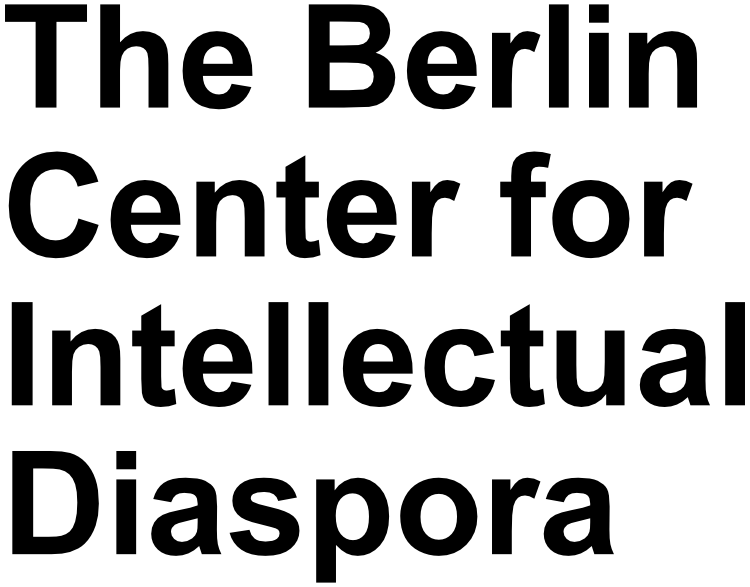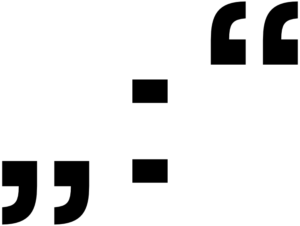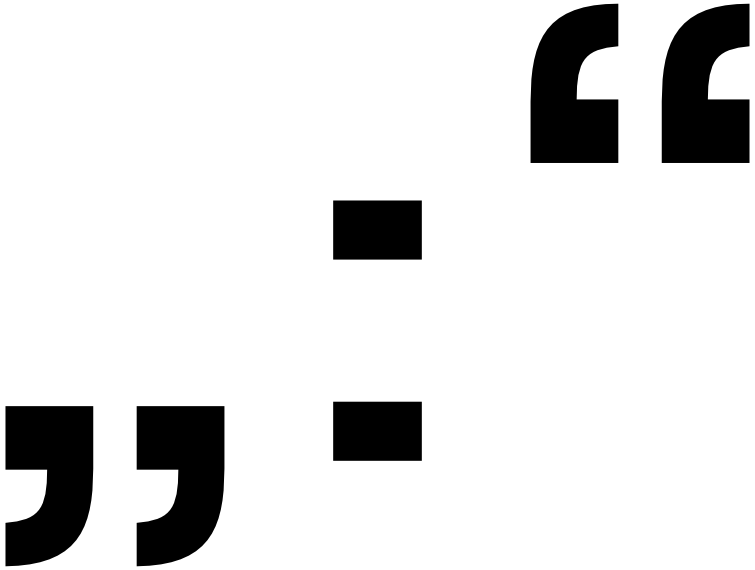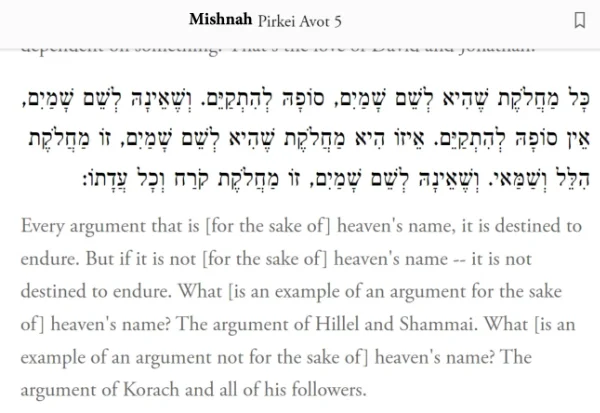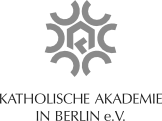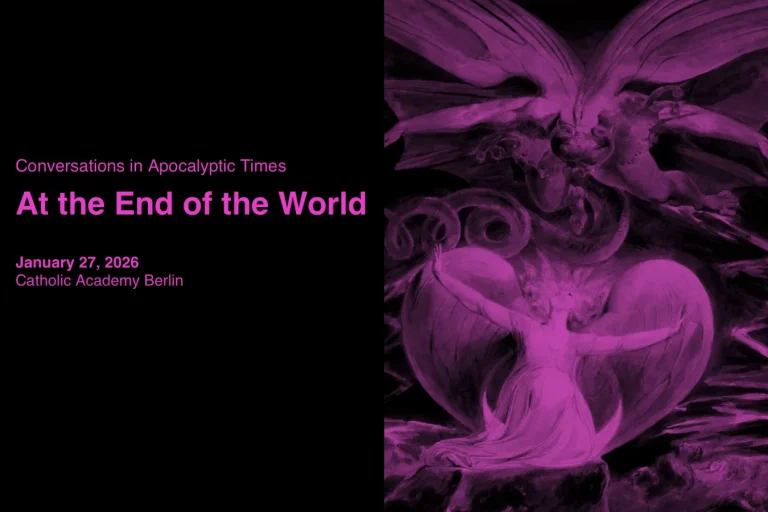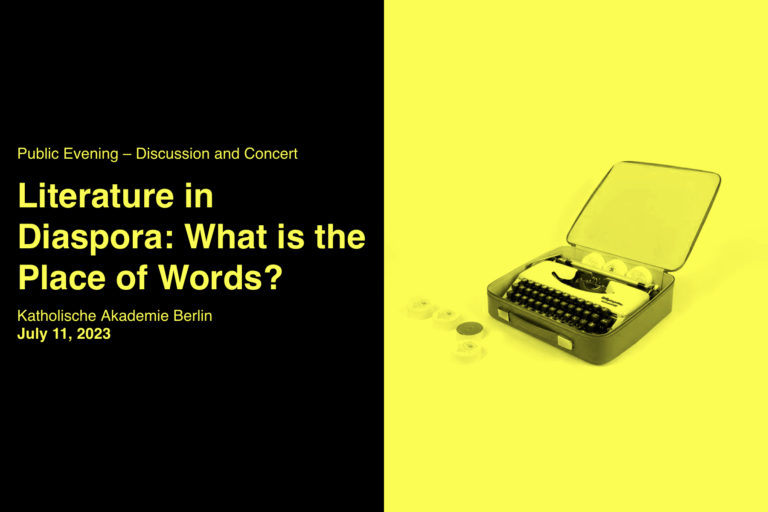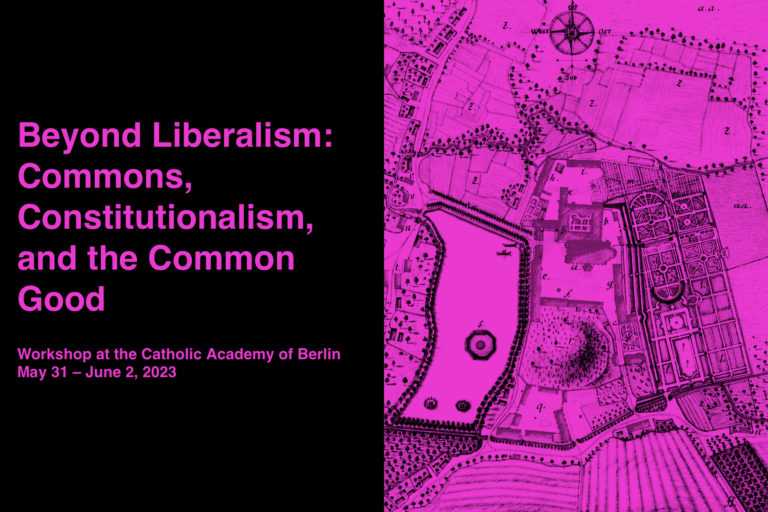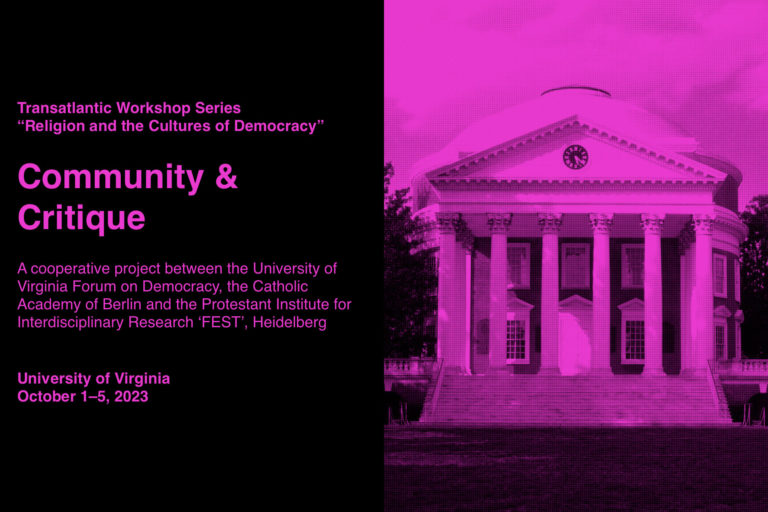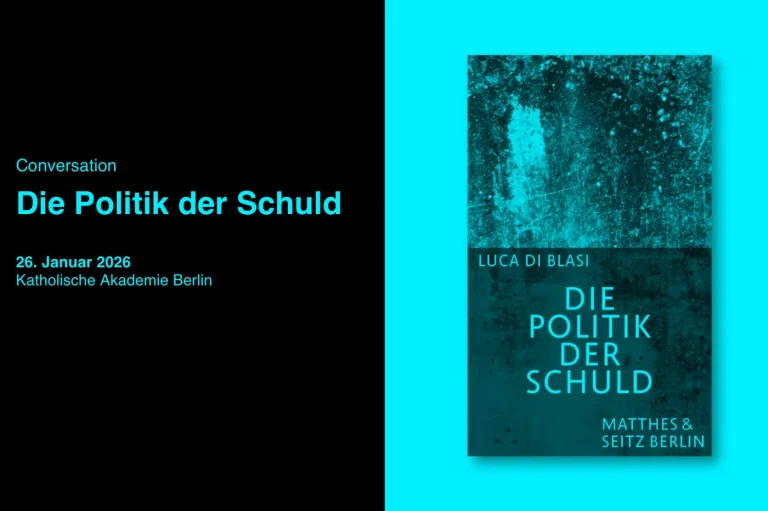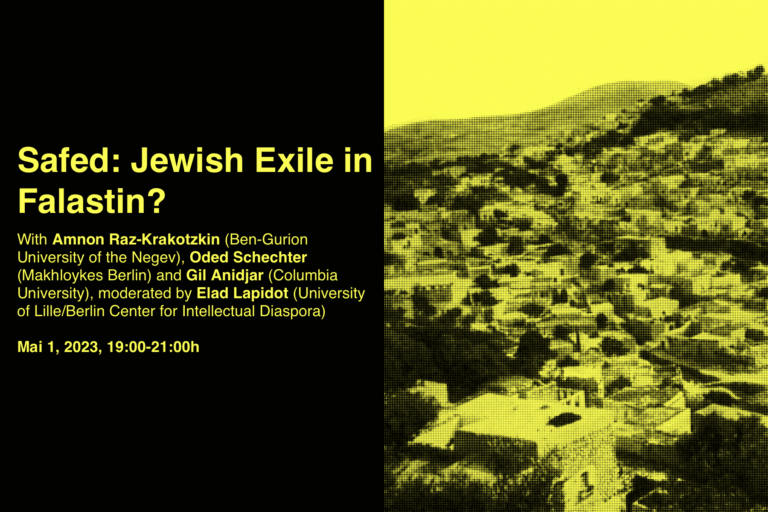International Workshop
Workshop on Talmud and Contemporary Thought – Communities of Disagreement
September 12–15, 2024
Institute of Jewish Studies at the University of Antwerp
Workshop on Talmud and Contemporary Thought – Communities of Disagreement
International Workshop
September 12–15, 2024
Institute of Jewish Studies at the University of Antwerp
The Workshop on Talmud and Contemporary Thought is an annual intellectual encounter, which explores ways of how the Talmudic tradition of text may offer a medium for contemporary thought, in the sense of thought that engages on issues of contemporary social, political and cultural concern.
The workshop revolves around a Talmudic text, which serves as a medium and environment for thinking together politico-theoretical questions of contemporary concern. The program is based on readings of these texts in view of the guiding questions, which are presented by different participants as a basis for group discussions. A unique feature of the workshop is that it brings together intellectuals with various backgrounds, some more Talmudic, some from other disciplines, in an attempt to enrich conversations and broaden horizons.
The theme for the 2024 workshop is Communities of Disagreement. We would like to reflect on the political function and meaning of not agreeing, of disputation and polemics, of conflict and strife, of makhloykes.
Our conceptions and imaginations of politics, of the condition of co-existence, are basically marked by the notion of agreement. Co-existence requires harmony. Society is based on association, on coming together, in modern terms on a social contract. We imagine the absolute telos of politics, and the basic regulative idea of our political institutions, to be the achievement of peace, eternal peace. The prophets imagined peace as the end of all conflict, even those between wolves and lambs.
On the other hand, political life, the life of society, at least the premessianic one, is made of disagreement. Conflicts are not only everywhere, but the very raison d’être of political institutions is to manage conflicts, on different levels, in different forms. The existence and language of politics is articulated by difference of opinions, parties, factions, debates and polemics, struggles, battles, campaigns and also violence and war.
Accordingly, politics, and more generally collective humane existence, seems to consist in a fine and paradoxical art of accommodating the conflict, the architecture of instituting crisis. The life of the community consists in disagreement, which by its very nature always holds the telos and potential of destroying the community, of rupture and fragmentation.
There are moments in history when the balance is lost. The community or the political system, the society, loses its ability to contain its disagreements. The destructive power of the conflict, the image of war, emerges. In such moments conversation itself, the disagreement in words, in arguments, in debate, in disputation, may become or seem impossible. Violence threatens collective life on the level of the micro-society, by disabling the basic exchange face to face.
We are currently experiencing such a moment, a moment of crisis and loss of ability to contain disagreements. It seems that an entire system of common understandings, shared conceptions, agreements, conventions and institutions that have been established in the post-WWII era to prevent the general collapse of human society – are now collapsing, and have been for some time. As diplomacy transforms into war, arguments shift into fights and conversations fall into silence. Do we lose our ability to disagree? Is this a danger to the foundation of politics and society as we know it? Can we relearn the art of makhloykes?
The Talmud is founded on difference of opinions. Sergey Dolgopolski wrote about the talmudic discourse as “The Art of Disagreement”. The talmudic community, namely the political project that is imagined and enacted by the talmudic discourse, the society of rabbis, the collective of Israel – is constituted by the makhloket, the polemics, debate and refutation.
This year’s workshop will turn to the talmudic text in an attempt to contemplate through it the idea, the life and the limits of human co-existence as a community of disagreement.
Organisation
Elad Lapidot (Katholische Akademie in Berlin/University of Lille) and Vivian Liska (University of Antwerp)
Cooperation
Institute of Jewish Studies at the University of Antwerp in cooperation with The Berlin Center for Intellectual Diaspora and the University of Lille
The Texts
The texts, in original and in English translation, may be found here:
Participants
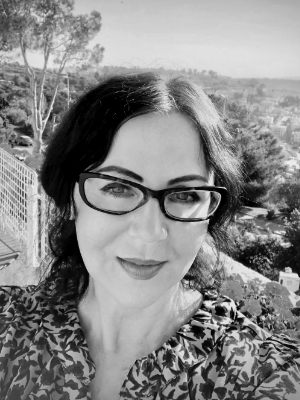
Agata Bielik-Robson is a Professor of Jewish Studies at the University of Nottingham and a Professor of Philosophy at the Polish Academy of Sciences. She published articles in Polish, English, German, French and Russian on philosophical aspects of psychoanalysis, romantic subjectivity, and the philosophy of religion (especially Judaism and its crossings with modern philosophical thought). Her publications include books: The Saving Lie. Harold Bloom and Deconstruction (Northwestern University Press, May 2011), Judaism in Contemporary Thought. Traces and Influence (coedited with Adam Lipszyc, Routledge 2014), Philosophical Marranos. Jewish Cryptotheologies of Late Modernity (Routledge 2014) and Another Finitude: Messianic Vitalism and Philosophy (Bloomsbury, 2019).
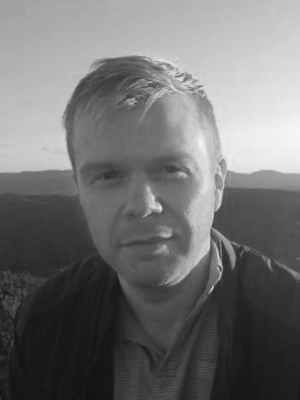
Mårten Björk is Assistant professor and researcher at the Newman Institute and Lund University and an Associate Research Fellow at Campion Hall, Oxford University. His last published book is The Politics of Immortality in Rosenzweig, Barth and Goldberg (Bloomsbury, 2022), and he is at the moment writing together with the legal scholar Tormod Johansen a study for Routledge with the tentative title: The End of Law: Political Theology and the Crisis of Sovereignty.
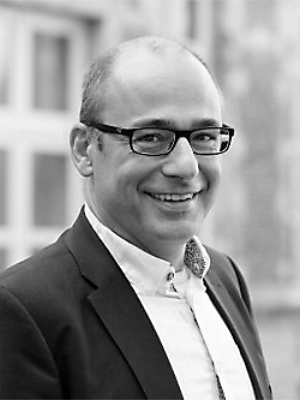
Arthur Cools studied Philosophy at the previous Universitaire Faculteiten Sint-Ignatius Antwerpen (UFSIA) and at Paris I Panthéon – Sorbonne, and Roman Languages at the KULeuven. He received his PhD degree in Philosophy from the Higher Institute of Philosophy (KULeuven) in 2003. His PhD, Langage et subjectivité. Vers une approche du différend entre Maurice Blanchot et Emmanuel Lévinas, was published by Peeters in the collection “Bibliothèque Philosophique de Louvain” (2007). He teaches philosophy of culture, contemporary philosophy (continental tradition), aesthetics and philosophy of art at the Philosophy Department in Antwerp. His research expertise lies in the field of contemporary French phenomenological, hermeneutic and (post)structuralist philosophy and in the field of philosophy of literature. He published articles on 20th century philosophy, modernist literature, subjectivity and fiction theories in various peer reviewed journals such as Ethical Perspectives, Aesthetic Investigations, Bulletin d’Analyses Phénoménologiques, German Quarterly, ANTW, amongst others. He co-edited book projects such as Debating Levinas’ Legacy (Brill, 2015, together with Andreas Breitling and Chris Bremmers), Traduire Kafka (Kimè, 2019, together with Eric Hoppenot and Vivian Liska) and Levinas and Literature (De Gruyter, 2021, together with Michael Fagenblat), amongst others. He is currently working on a history of the 20th century philosophy and on the journal issue “Arts, Ontology and Politics” (together with Jan Bierhanzl).
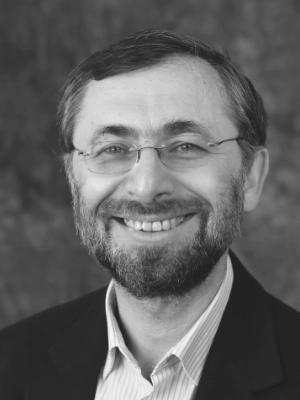
Sergey Dolgopolski is Gordon and Gretschen Gross Professor of Jewish Thought in the University at Buffalo SUNY departments of Jewish Thought and Comparative Literature. His general area of interest is the variety of ways in which philosophy and literature interact, creating new philosophical concepts and new literary forms. He specializes in the Talmud as a body of text and thought seen from poetic, rhetorical, and philosophical perspectives. He authorsOther Others: The Political After the Talmud (Fordham University Press, 2018);The Open Past: Subjectivity and Remembering in the Talmud(Fordham U. Press, 2012); What is Talmud? The Art of Disagreement (Fordham U. Press, 2009). He co-edited When Jews Argue: Between the University and the Beit-Midrash (Rutledge, 2023); Talmud/ and /Philosophy: Conjunctions, Disjunctions, Continuities(Indiana U. Press 2024) and currently works on a monograph on the sense of past and the agency of cited law in the Palestinian Talmud.
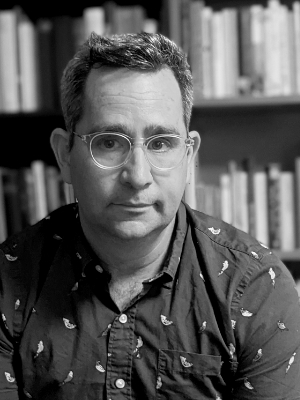
Amir Engel is a lecturer at the German department. He is currently also a guest professor at the Faculty of Theology at Humboldt University in Berlin. He studied philosophy, literature, and culture studies at Hebrew University and completed his Ph.D. in the German studies department at Stanford University. After that, he taught and conducted research at the Goethe University in Frankfurt am Main. His main topics of interest include German Romanticism and German postwar literature and culture, theories of myth, literature, philosophy, and history of culture. His first book Gershom Scholem: an Intellectual Biography came out in 2017. He also published essays about Hannah Arendt, Paul Celan, Martin Buber, Jacob Taubes, Salomon Maimon, and others. These days, he is finishing his second book manuscript, temporarily titled The German Spirit from its Jewish Sources: Occultism as a Jewish-Christian-German Negotiation.
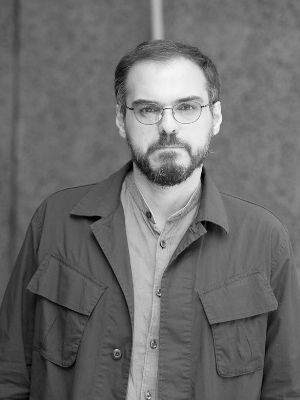
Anoush Ganjipour is a permanent researcher on philosophy at the Centre National de Recherche Scientifique (Centre Jean Pépin-École Normale Supérieure, Paris). He is a specialist in Islamic thought and comparative philosophy. His last monography focuses on Islamic political theology: L’ambivalence politique de l’islam : pasteur ou Léviathan ? (Seuil, 2021) He has recently edited the following books: Politique de l’exil. Giorgio Agamben et l’usage de la métaphysique (Éditions Lignes, 2019) Monothéismes et politique : modernité, sécularisation, émancipation (CNRS Éditions, 2022)
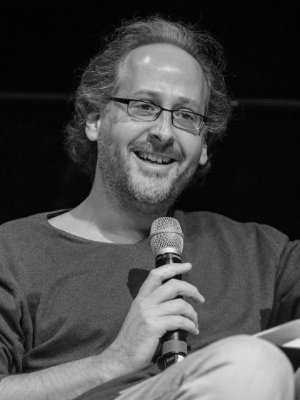
Elad Lapidot is professor for Culture Studies at the University of Lille, France. He specializes in philosophy, Jewish thought and Talmud and was teaching at the University of Bern, Switzerland, the Humboldt Universität Berlin and the Freie Universität Berlin. His work is guided by questions concerning the relation between knowledge and politics. Among his publications: Jews Out of the Question. A Critique of Anti-Anti-Semitism (SUNY Press, 2020), Hebrew translation with introduction and commentary of Hegel’s Phänomenologie des Geistes, Vol. 1 (Resling, 2020), Heidegger and Jewish Thought. Difficult Others, (Rowman & Littlefield, 2018), and Etre sans mot dire : La logiqe de ‘Sein und Zeit’ (Zeta Books, 2010).
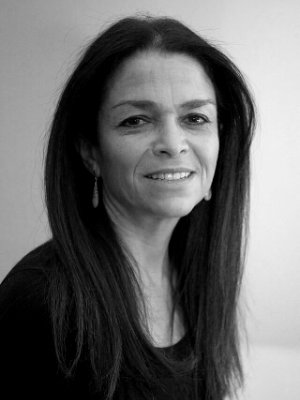
Vivian Liska is Professor of German literature and Director of the Institute of Jewish Studies at the University of Antwerp, Belgium. She is also, since 2013, Distinguished Visiting Professor in the Faculty of the Humanities at The Hebrew University of Jerusalem. Her research focuses on literary theory, German modernism, and German-Jewish authors and thinkers.
She is the editor of the book series “Perspectives on Jewish Texts and Contexts” (De Gruyter, Berlin), co-editor of the Yearbook of the Society for European-Jewish Literature, and Arcadia. International Journal of Literary Studies. Her recent book publications include Giorgio Agambens leerer Messianismus; When Kafka Says We. Uncommon Communities in German-Jewish Literature and German-Jewish Thought and its Afterlife. A Tenuous Legacy.
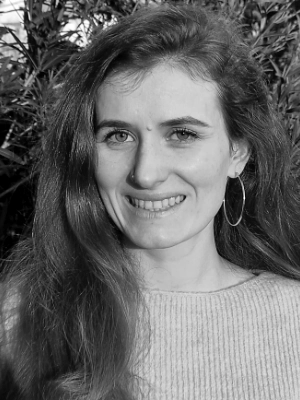
Julie Reich is a PhD candidate at the university of Lille under the supervision of Prof. Dr. Elad Lapidot. Her research focuses on the mutual influences of feminism and Jewish Thought and the way gender conceptions influenced political Jewish philosophy in the context of pre-war Germany and post-war France. She studied comparative literature and philosophy in Berlin, Madrid and Jerusalem.
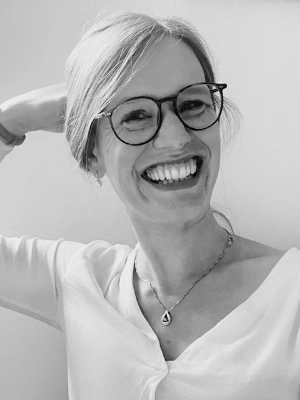
Caroline Sauter teaches Comparative Literature at Goethe University, Frankfurt. Her work focuses on the interconnection of literature and theology, particularly in Jewish thought, on European Jewish literature as well as on translation theory and practice and literary theory. She is the author of a monograph on Walter Benjamin’s translation philosophy and the co-editor of several books and collected volumes and numerous scholarly articles, as well as the translator (together with Esther von der Osten) of Jacques Derrida’s “What is a ‘relevant’ translation?”. She held an academic position at ZfL Berlin (2014-17), and a Feodor Lynen Research Fellowship of the Alexander von Humboldt Foundation at Harvard University (2017-18). She just finished a book-length manuscript entitled Love and Language: Literature – Bible – Theory, which analyses the problem of the verbal expression of love and desire through the lens of the biblical Song of Songs.
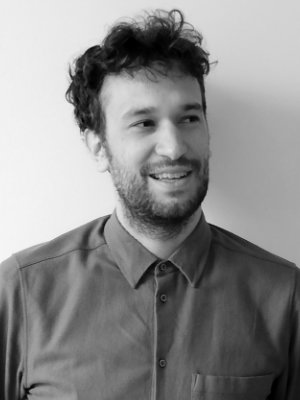
Willem Styfhals is assistant professor at the Institute of Philosophy, KU Leuven. He is the author of No Spiritual Investment in the World: Gnosticism in Postwar German Philosophy (Cornell UP, 2019) and Apologie van het Schrift (Grafische Cel, 2022).
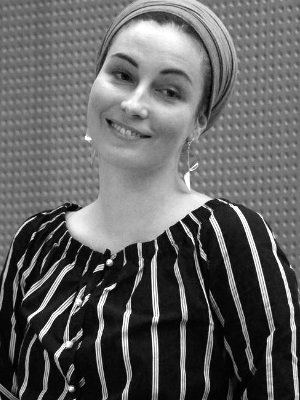
Hannah Tzuberi studied Jewish Studies and Islamic Studies at Freie Universität Berlin and was a research assistant at the Institute for Jewish Studies (FU Berlin). Currently she is a post-doctoral researcher in a collaborative research project “Beyond Social Cohesion. Global Repertoires of Living Together” (RePLITO) at the FU Berlin, directed by Prof. Schirin Amir-Moazami. She is the co-editor of “Jewish Friends: Contemporary Figures of the Jew” (Jewish Studies Quarterly27:2–3, 2020) and is working on a book-project titled “Reviving Judaism, Reviving the Nation: Post-Holocaust Imaginaries of the (German) Nation-State.” Her research interests include Talmud, halakha, and contemporary European Jewry. Her work draws on the critical study of secularism and current discussions related to the co-constitutive relations between Europe, the European subject, and Europe’s racial-religious others.
Program
| September 12 – Thursday | |
| 16:00 | Meeting at the venue, reception |
| 16:30–18:00 | Elad Lapidot (Université de Lille) |
| 18:00–18:30 | Coffee Break |
| 18:30–20:00 | Sergey Dolgopolski (University of Buffalo) |
| 20:30 | Dinner |
| September 13 – Friday | |
| 09:30–11:00 | Hannah Tzuberi (Freie Universität Berlin) |
| 11:00–11:30 | Coffee Break |
| 11:30–13:00 | Mårten Björk (The Newman Institute in Uppsala) |
| 13:00-14:00 | Lunch |
| 14:00-15:30 | Julie Reich (Université de Lille/Goethe Universität Frankfurt) |
| 15:30-20:00 | Free Time |
| 20:00 | Shabbat Dinner |
| September 14 – Saturday | |
| 11:00-12:30 | Agata Bielik-Robson (University of Nottingham/Polish Academy of Sciences) |
| 12:30-13:30 | Lunch Break |
| 13:30-15:00 | Anoush Ganjipour (CNRS-ENS Paris) |
| 15:00-15:30 | Coffee Break |
| 15:30-17:00 | Willem Styfhals (KU Leuven) |
| 17:00-19:00 | Free Time |
| 19:00 | Dinner |
| September 15 – Sunday | |
| 9:00-10:30 | Caroline Sauter (Goethe Universität Frankfurt) |
| 10:30-11:00 | Coffee Break |
| 11:00-12:30 | Amir Engel (Hebrew University of Jerusalem/Humboldt Universität Berlin) |
| 12:30-13:30 | Concluding Discussion |
